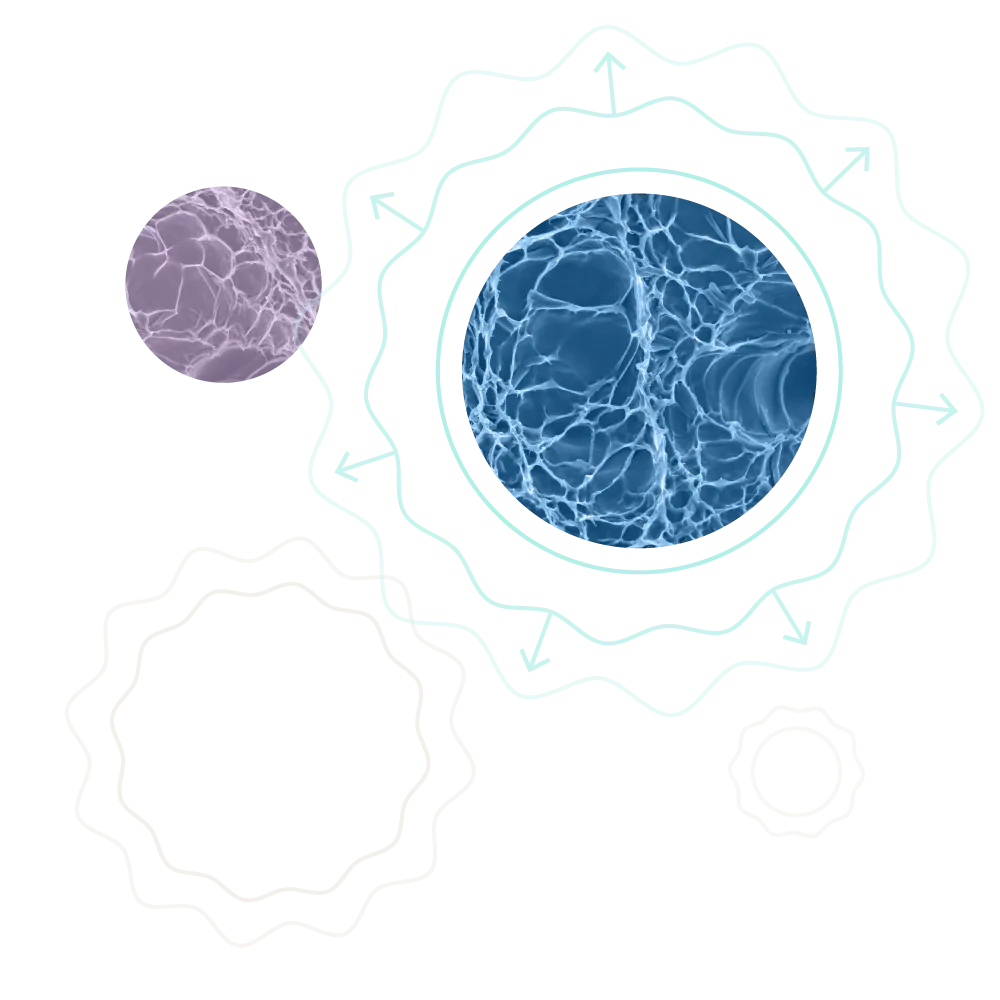Success Story:AegisCell™Protects Cells from Temperature Fluctuations

Challenge
The cold chain has long been a bottleneck for cell therapies. Shipping cryopreserved T-cells in liquid nitrogen (LN2) is costly, logistically complex, and restricts global access due to safety and handling burdens. A partner sought a scalable alternative that would maintain cell viability and function while enabling shipment on dry ice—a simpler, more cost-effective option.
Solution
Likarda’s AegisCell™ hydrogel was applied to encapsulate and protect T-cells during cryopreservation. Samples were stored in Cold Chain Technologies’ ULTimate™ shippers packed with dry ice for up to 14 days. At each time point, hydrogels were dissolved to recover cells, and outcomes were compared to standard LN2 storage.
Testing Highlights
- Viability & Yield: T-cells in AegisCell™ on dry ice maintained the same viability and recovery as LN2 controls, despite large temperature fluctuations.
- Metabolic Activity: After 7 days, AegisCell™ samples showed higher metabolic activity than LN2 controls; by day 14, levels were comparable.
- Gene Expression: Key T-cell biomarkers (e.g., CD3, CD197) were upregulated 3× compared to LN2, confirming preservation of functionality.
Representative data showed T-cells in AegisCell™ shipped on dry ice retained integrity, while controls behaved as expected under LN2.
Outcome
AegisCell™ enabled safe, effective T-cell cryopreservation and shipment for up to two weeks on dry ice, cutting costs by 40–60% compared to LN2 logistics. This breakthrough reduces complexity, expands clinic access, and provides a scalable, GMP-compatible path for distributing advanced cell therapies worldwide.
Impact
By solving one of the biggest challenges in cell therapy logistics—reliable dry ice shipping—AegisCell™ creates new opportunities for global clinical access, reduced costs, and streamlined supply chains.


